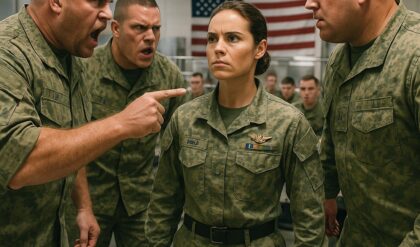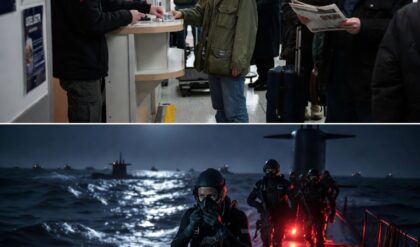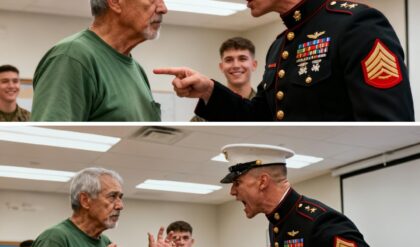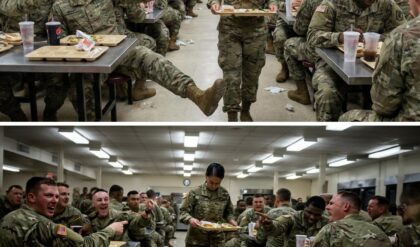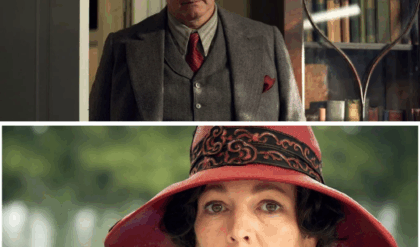An issue that was easily sidestepped in regards to Fallout canon was easily sidestepped by season 1, but will become a massive hurdle in season 2. Unlike the vast majority of TV shows based on video games, Prime Video’s Fallout is set in the same world as the games they’re based on. In other words, the show is essentially just the latest installment in the Fallout franchise, albeit one that continues the story in a completely new medium.
Thanks to this creative move, the show’s plot didn’t need to be a re-telling of a pre-established story, instead allowing it an opportunity to craft a new adventure in a different corner of Fallout’s world. This, of course, is the approach taken by all games in the mainline series. Given that they all occupy the Fallout timeline and feature many of the same concepts and factions, it was necessary for Fallout to carefully adhere to the lore. And in spite of all the controversy it endured due to some of its creative decisions (including the Shady Sands debacle), one of the biggest problems facing the show’s connection to the canon was avoided.
Fallout Season 2 May Be Forced To Pick Which Stories Are Canon
Fallout season 2 has some massive decisions to make
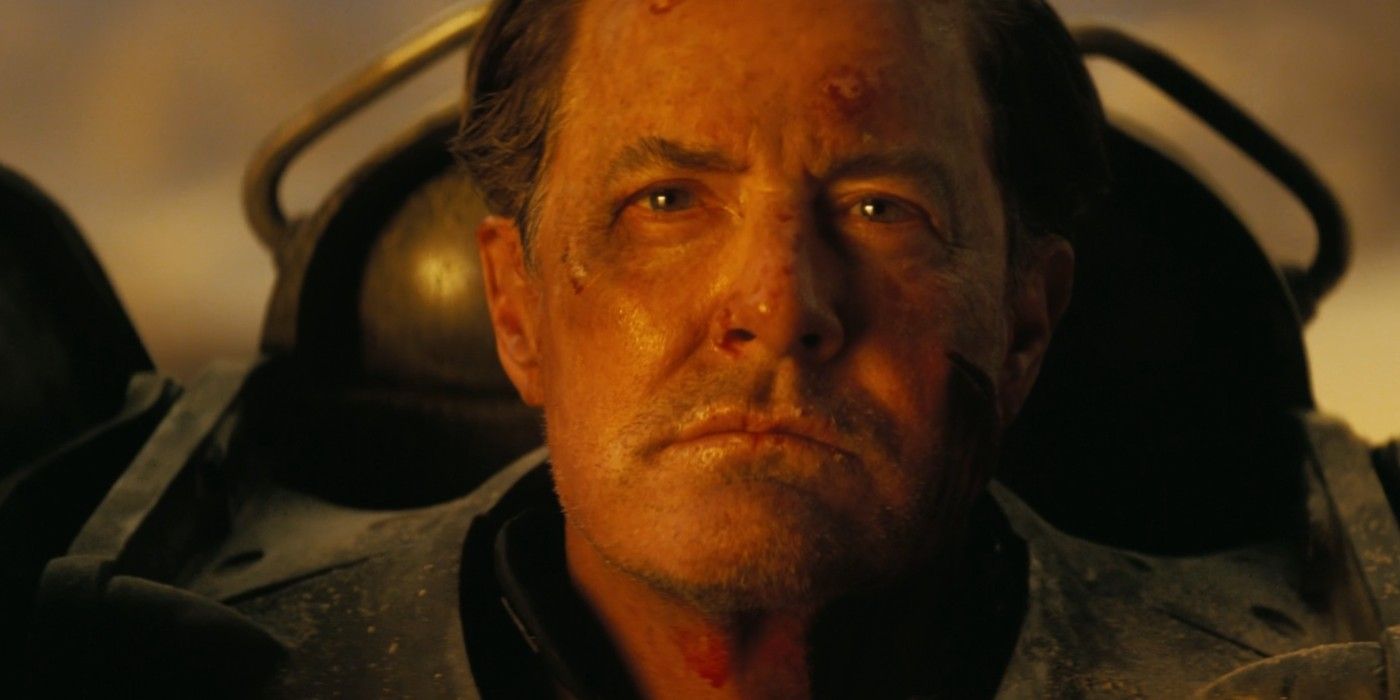
As a show that shares its universe with a video game franchise that prioritizes player choice, not everything about its canon is perfectly spelled out. What this means is that the fates of certain characters and factions are left up to the player to decide. Because of this aspect of the franchise, there are several characters with ambiguous places in Fallout’s lore. While Fallout season 1 did touch on existing events, it’s important to note that it steered clear of any that could have been determined by the player in the games. But with Fallout season 2 clearly headed to New Vegas, this path will be much more difficult to navigate.
The player, known in-game as the Courier, made a slew of important decisions over the course of Fallout: New Vegas, which will create a number of roadblocks for season 2 to deal with. In his or her adventures, the Courier had a heavy hand in the goings-on in New Vegas, inadvertently – or perhaps purposely – shaping the future of the city. With Fallout season 2 taking place in this region, there’s a good chance that it’ll figure out how to address the Courier’s choices. If so, it may have to pick which potential scenarios from Fallout: New Vegas happened.
Biggest Choices That Could Be Relevant To Fallout Season 2’s Story
The player makes all sorts of choices over the course of Fallout: New Vegas
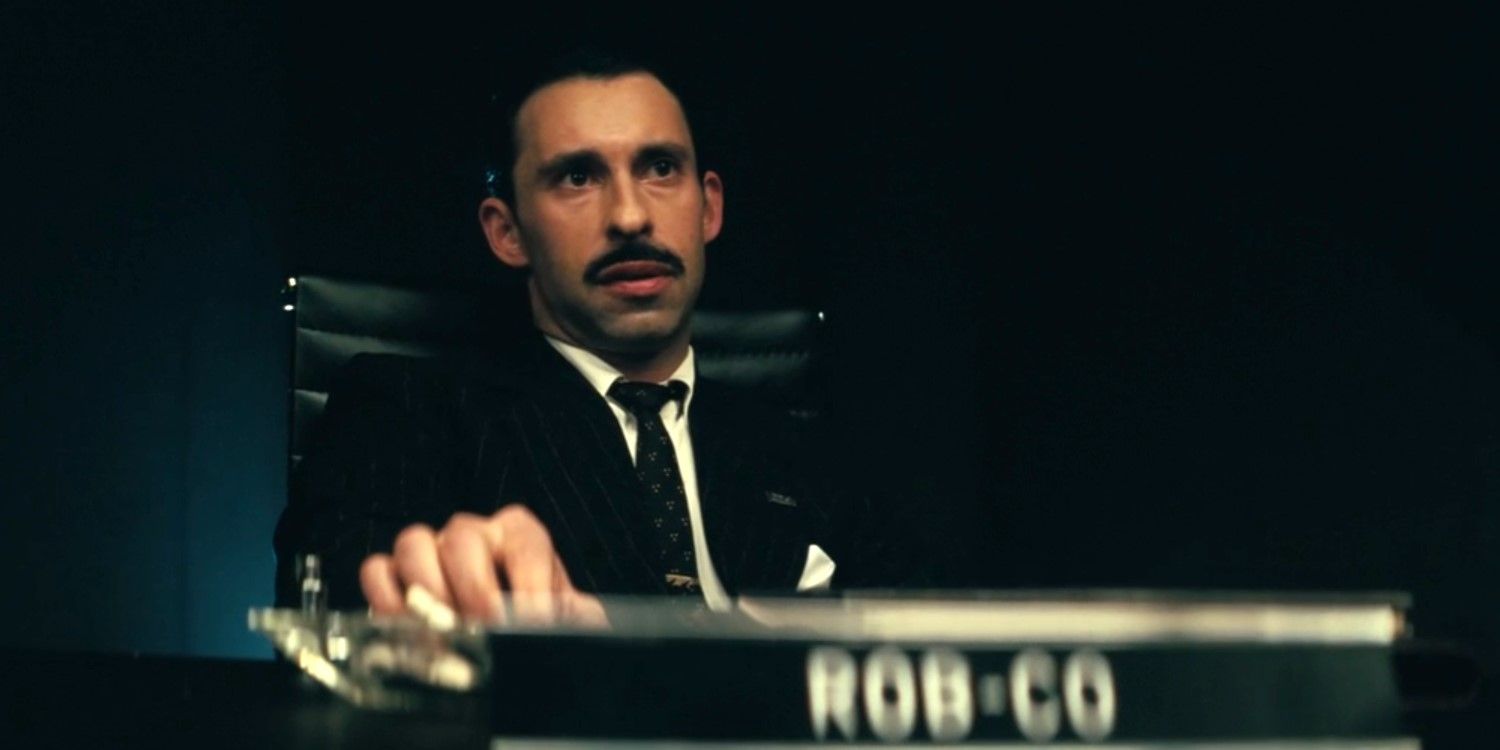
If Fallout season 2 is indeed partially set in Fallout: New Vegas, there’s a handful of player-driven storylines that could present issues for the show. Due to all the decisions the Courier has to make during their journey, there are numerous ways New Vegas can end. One possibility, for example, is that Rob-Co’s Mr. House remains in control of New Vegas, whose power in Fallout’s apocalypse continues to go unchallenged. Or, the player could help another faction (like the New California Republic or the Legion) claim the city. Another option is that the player secures New Vegas independence, with the Legion, the NCR, and even Mr. House having no sway over its future.
In addition to the post-New Vegas futures of the NCR, the Legion, and New Vegas, there’s also the matter of Mr. House’s fate. After all, whether he lives or dies is completely up to the Courier. With that in mind, an appearance from Mr. House in the present-day storyline would prove that the endings where he dies in New Vegas are not Fallout canon. With the Fallout season 1 finale featuring a surprise cameo from Mr. House and attaching an actor to the role, it’s not impossible that the show is indeed heading in this direction by setting him up as season 2’s villain.
Choosing A Game Ending Won’t Violate Canon, But Would Still Break A Fallout Tradition
Fallout games typically respect the different outcomes that are possible in previous entries
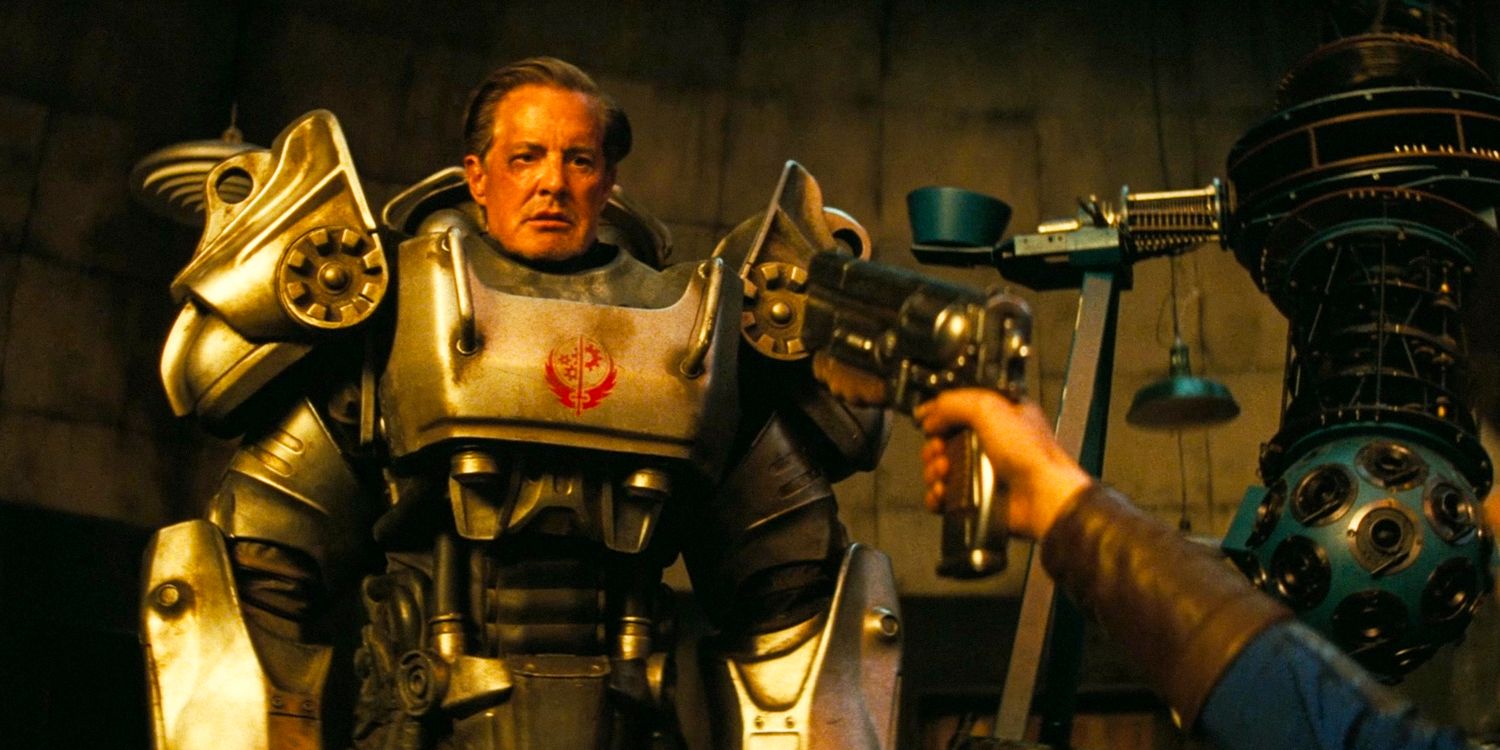
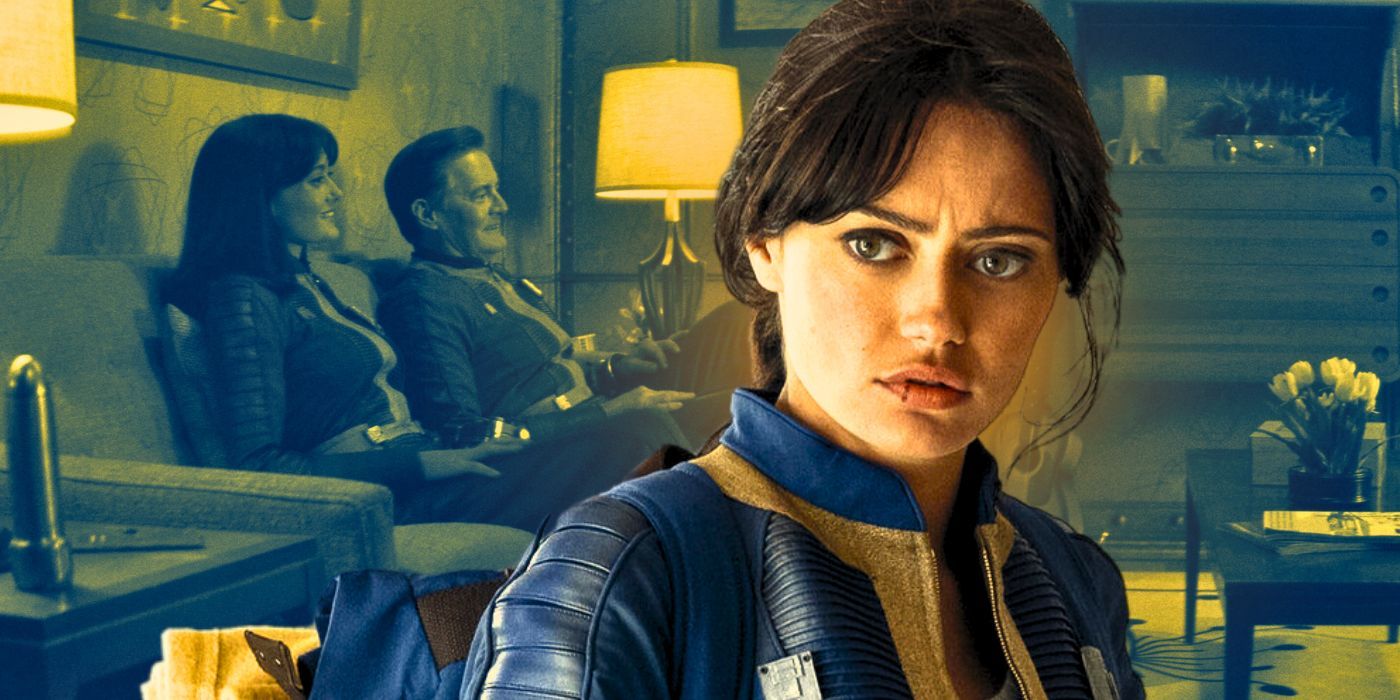
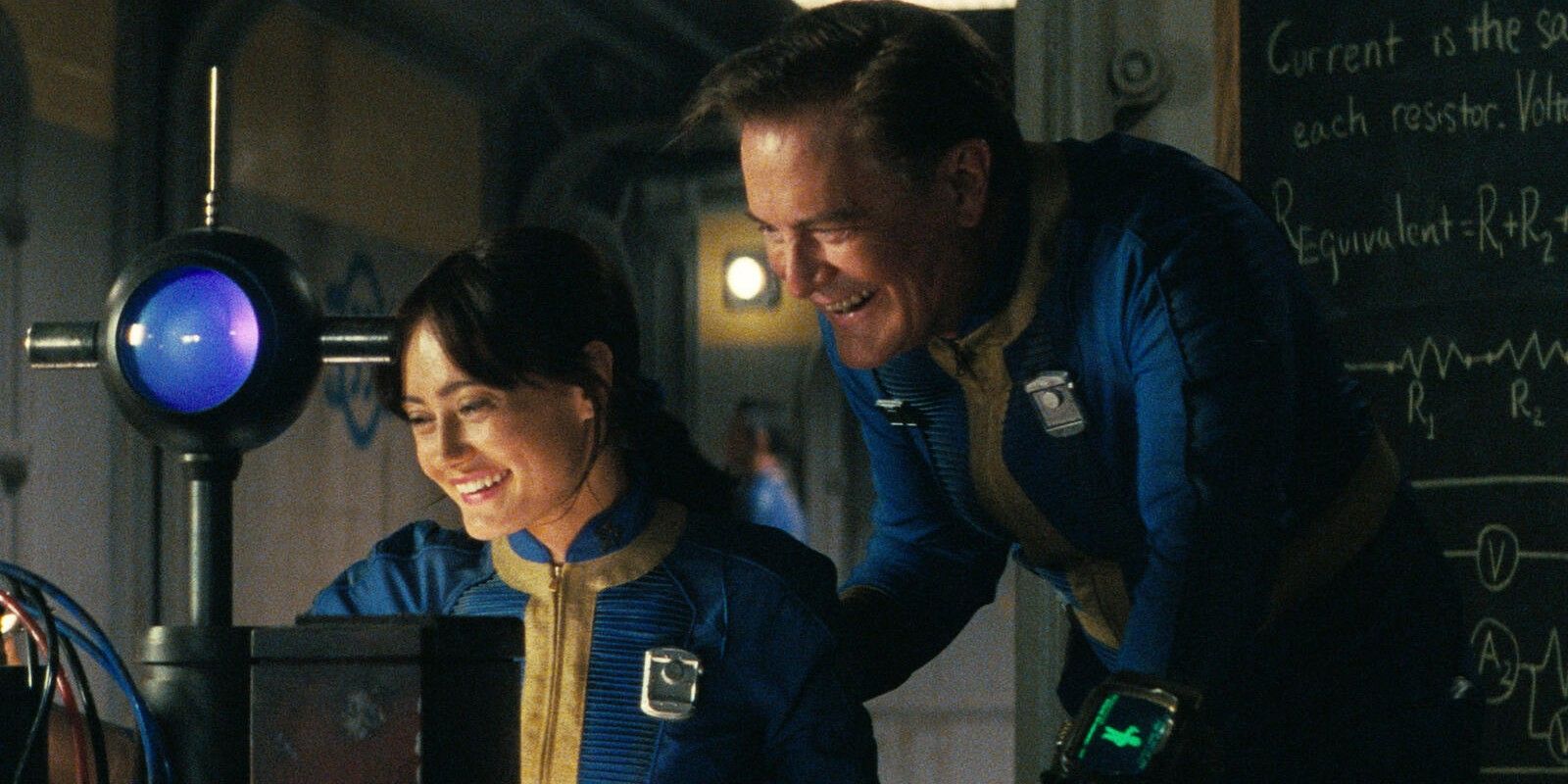
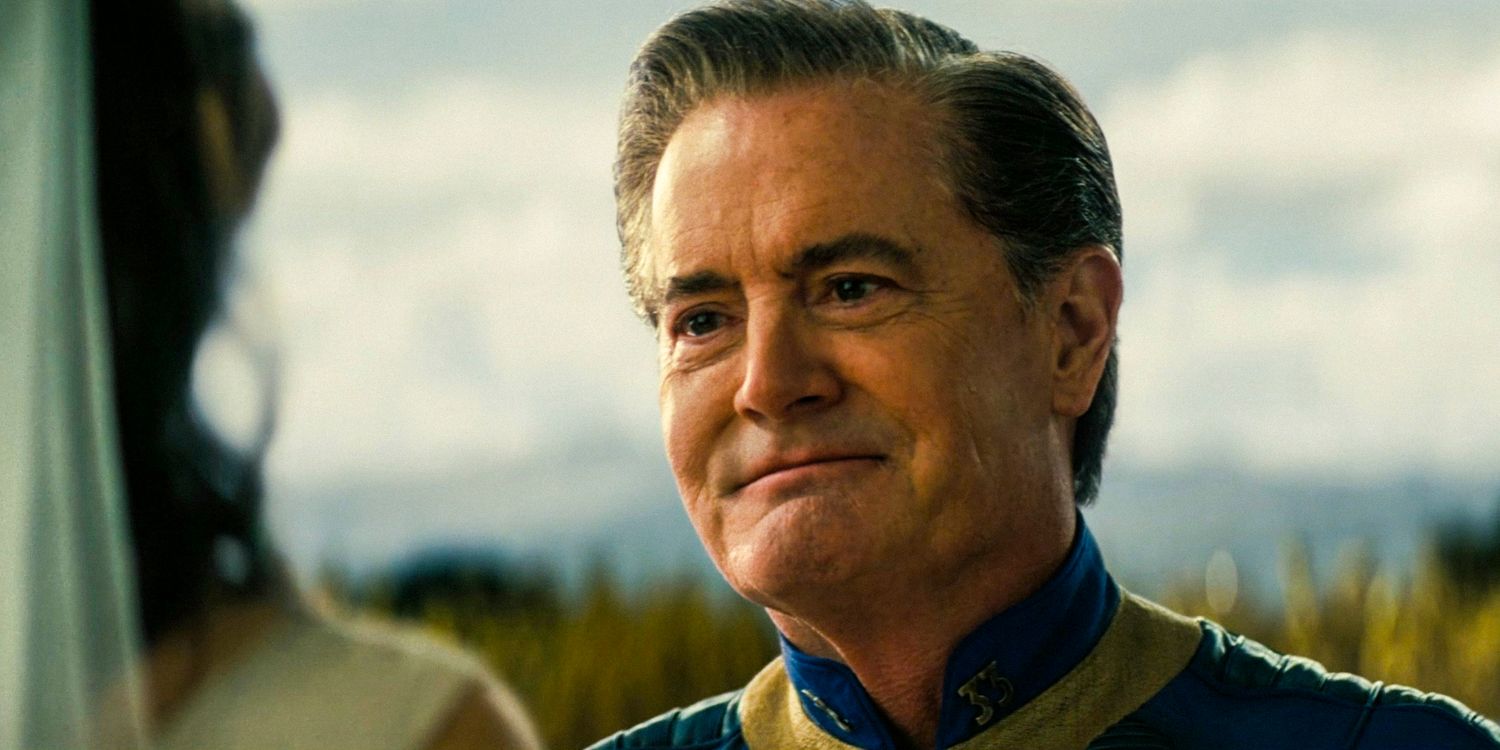
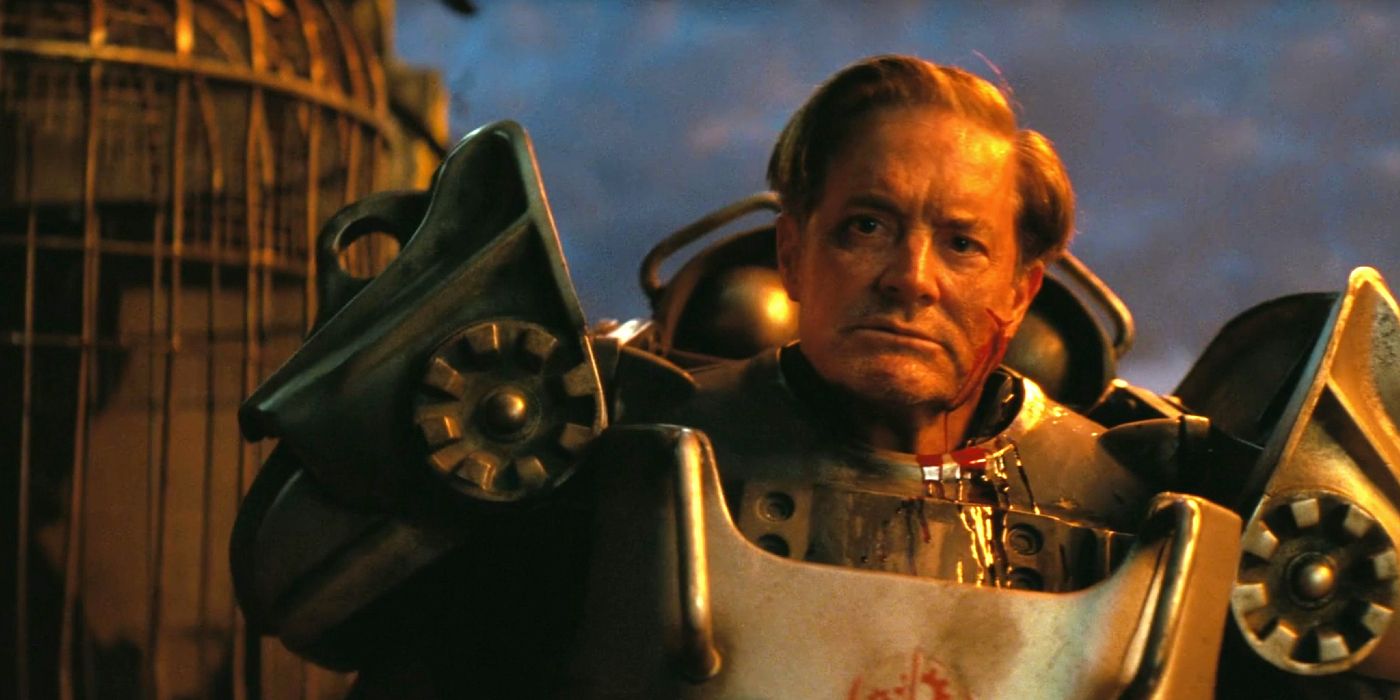
Were Prime Video’s show to align itself with a specific interpretation of Fallout: New Vegas’ story by referencing one of the game’s possible endings as an event from its past, it wouldn’t technically violate canon since they are indeed from the source material. However, this could open up new problems, as whatever it would establish would have to be carried over to any future Fallout games as well. An event, such as a character death or the destruction of a faction, could be cemented in Fallout history. Doing so would undermine a core element of the franchise, which is the idea that player has control over what happens.
Traditionally, Fallout games have been successful in telling new stories in its universe in ways that don’t negate the consequences of the player’s decisions in the previous installment or make it seem as if they didn’t happen. If it were to reference outcomes and events that didn’t transpire in the player’s personal experience with the game, it would create the sense that their choices don’t actually matter. Since this is counter-productive to what a Fallout game is meant to be, it would be best for Fallout season 2 to explore New Vegas without contradicting any of the potential scenarios players could create.
Fallout’s Timeline Placement Will Help It Overcome Season 2’s Canon Problem
It’ll excuse inevitable differences
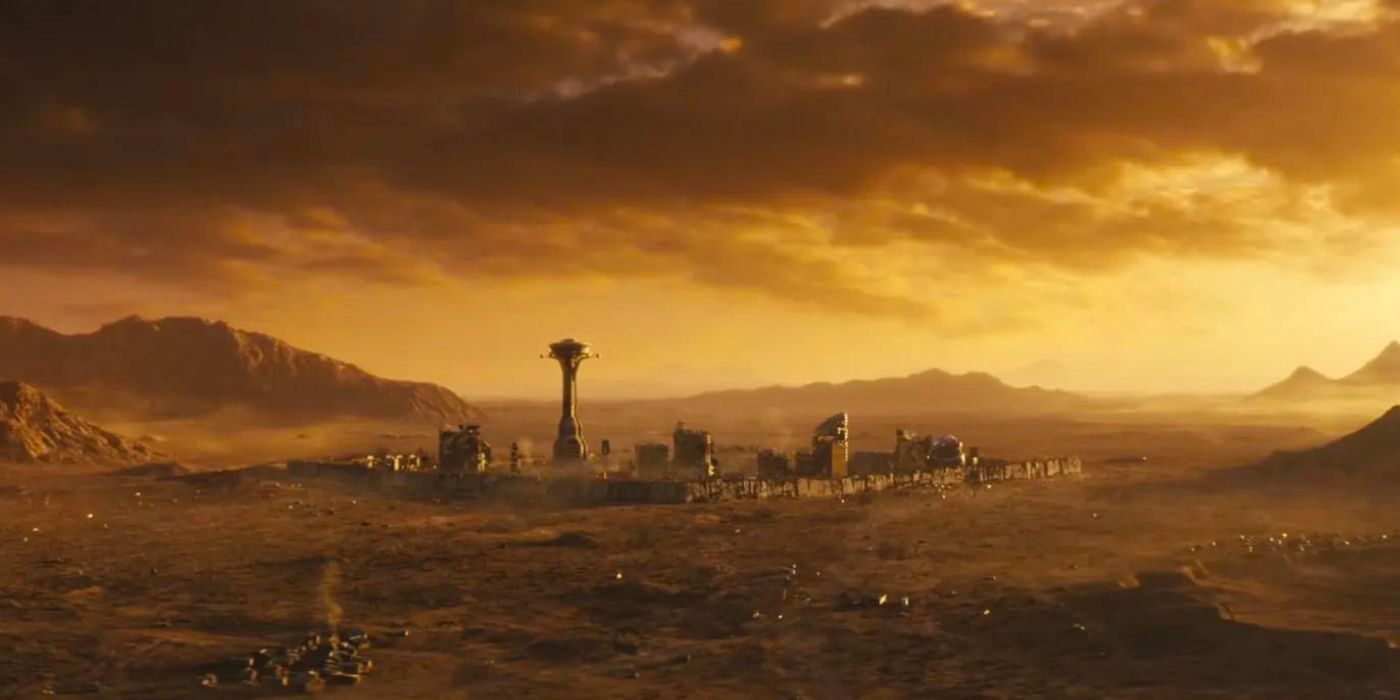
Avoiding these conflicts with the canon will be considerably more challenging for the show with New Vegas being part of the story, but that’s not to say that getting around them will be impossible. What should help Fallout season 2 in this regard is its placement in the timeline; the show takes place in 2296, whereas New Vegas was set in 2281. The series can take advantage of the 15-year time gap to create its own take on New Vegas, rather than select one that honors a specific ending from the game. The passing of time can be used to explain why the New Vegas in the show may not resemble the city as viewers left it in their respective playthroughs.
How it handles the Courier and Mr. House can be detrimental to this approach. Keeping references to them at a minimum is arguably the best way to tackle the problem. Otherwise, the show could wind up offering details about either that will destroy other players’ versions of New Vegas’ events. To keep that from happening, Fallout season 2 may be better served depicting the Courier as somewhat of a mysterious figure whose known actions in Fallout’s world don’t go beyond anything that “had” to happen in the game.
